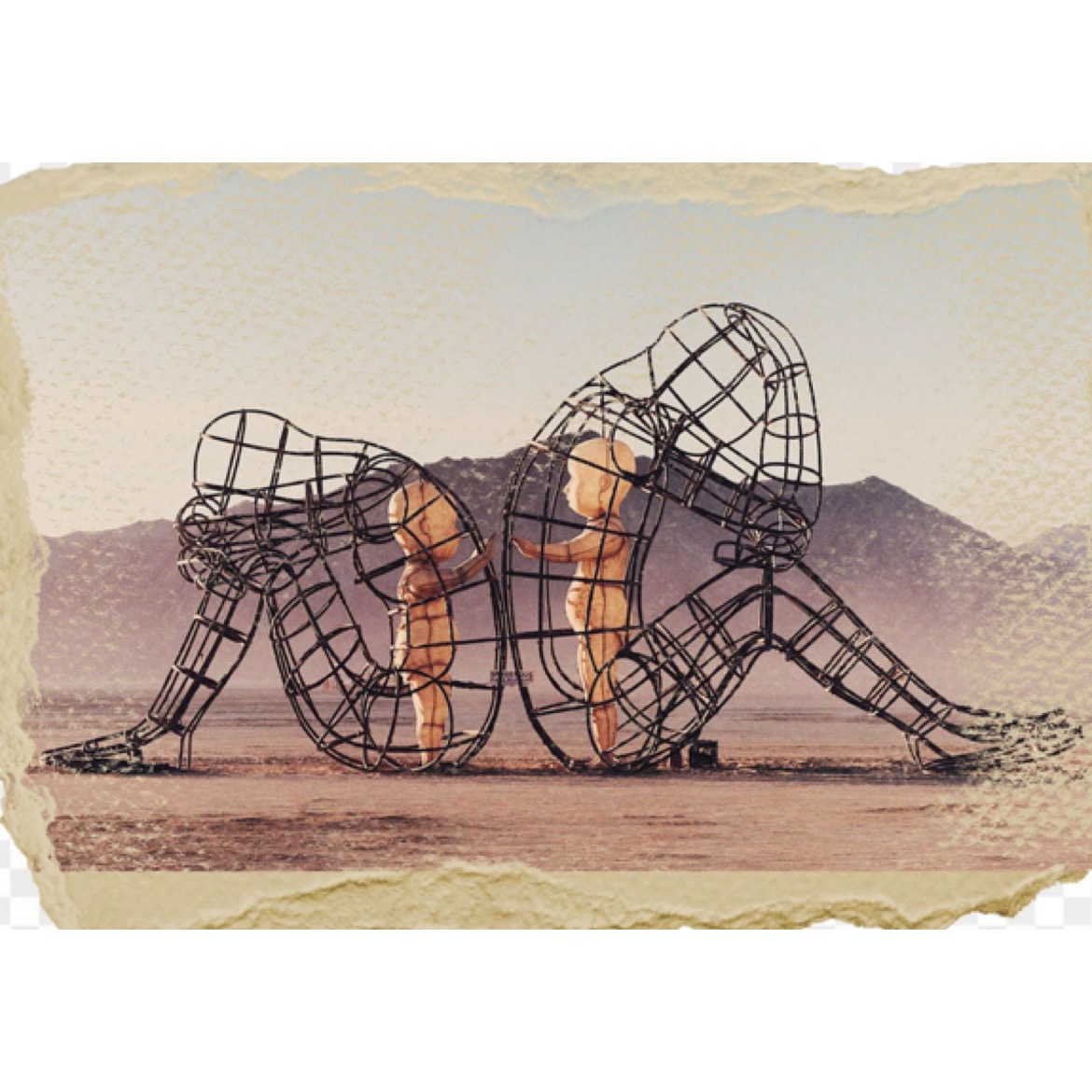Although we can’t see them, each of us has an inner child who follows us everywhere that we go. Every one of us has an inner child. They can drive our decisions, create irrational fears and even sabotage our dreams. They could also be the reason why we resent our boss, keep dating the wrong people or attracting toxic friends, or why when we visit our family, we might suddenly feel moody, resentful or argumentative.
Your inner child is your unconscious mind. It’s the ‘you’ who has all those repressed memories and feelings from your childhood that resurface from time to time.
And whether you realise it or not, your relationship with them can have a huge impact on your life. In fact, everything from your mental health, physical wellbeing, achievements, relationships with others and even ability to feel joy can all be affected by this younger you.
Many people can’t seem to break the pattern of chasing unavailable partners. Then when the relationship inevitably breaks down, feeling the absolute agony of heartbreak. Often feeling literally as though they want to die to escape the pain. And not being able to understand why, when they realise they were never even treated very well by the other person anyway. Can you relate to this?
Have you noticed that you are re-experiencing childhood feelings in your romantic relationships? Maybe you had a tendency to feel unsupported by your father and this exact same emotional pattern is coming up with your current partner? Did your father leave the family when you were very young, leaving you feeling abandoned? And do you have a tendency to chase after people who will ultimately make you feel the agony of the abandonment wound again, no matter how hard you try? You relive the feelings of abandonment even if you are now in a healthier relationship. Intimacy may be more difficult to master due to projection of past pain. These triggers can also be simply being overwhelmed or stress or feeling like no one appreciates you. Triggers are different for each person.
Maybe you find yourself constantly criticising your partner, and finding nothing they do is good enough which is exactly how you felt as a child in relation to your mother? Our early experiences with our parents set up the emotional and mental templates that we then relate to the world through.
You may have no memory of these experiences and they are largely unconscious – that is – you don’t even realise they are driving your thoughts, feelings and behaviour.
These early emotional experiences with our parents are not necessarily abuse or neglect. However they are generally experiences where some emotional need within you was unmet. These woundings can create the core patterns of feeling unloved or not good enough, which run like a thread through our lives. Some emotional need we had as a child could not be expressed and validated so it got “stuck” in our psyche.
Our early experiences set up the development of our sense of self. Perhaps we learnt to be a “good” boy or girl, in order to get the love we needed. We may also have felt that we needed to be smart, funny or clever in order to feel loved or good enough. Invariably these ways of being become limiting in our adult relationships and when we become parents ourselves, we may find ourselves projecting these emotional patterns onto our partners or our children.
There are many ways this can manifest. You try to overcompensate for the neglect you once experienced as a child. You feel like you aren’t enough as you are, so you try even harder. Repression doesn’t help the situation. Your inner child will find a way through. It can be manifested in anxiety, depression, PTSD, emotional dysregulation, impulsivity, outbursts, difficulty functioning and withdrawal from others. If you ignore it, it just gets stronger. It’s often trying to tell you something is wrong.
Trauma responses may also show up in the following ways:
Not asking for help
Avoidance
Saying “I’m fine” when you are not
Feeling like a burden
Your self-protection practices might be in perfectionism, or people-pleasing
These patterns kept you safe and loved as a child, but you don’t need them anymore. An adult doesn’t waste time on someone who doesn’t return her care. But a child loves differently – without question. The child seeks to please. If the child’s love is rejected, she internalises it. She must be to blame for refusing to please.
And this is the formula for heartbreak – the pain of a rejected child.
The first step in recovery from heartbreak is to recognise that this is a child’s pain – and address it as such. This is a cry of need that you have to answer yourself, by bringing your child the parenting she craves.
Instead of assigning importance to someone for whom you are unimportant, start treating your child as important. If you are there for yourself, you will not experience solitude as a child experiences it – as abandonment. You will feel secure in your own care.
I can support you to heal the wounds of your childhood and put them in the past, where they belong. This means that these patterns no longer need to create problems within your present relationship with your partner and that you need not play them out with your children either.
By no longer carrying these emotional patterns, you are free to create the relationships and friendships that you want and choose.
Andrea x

